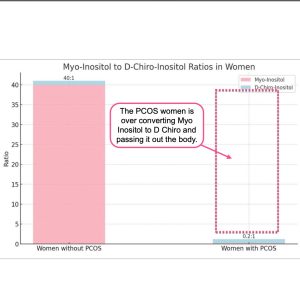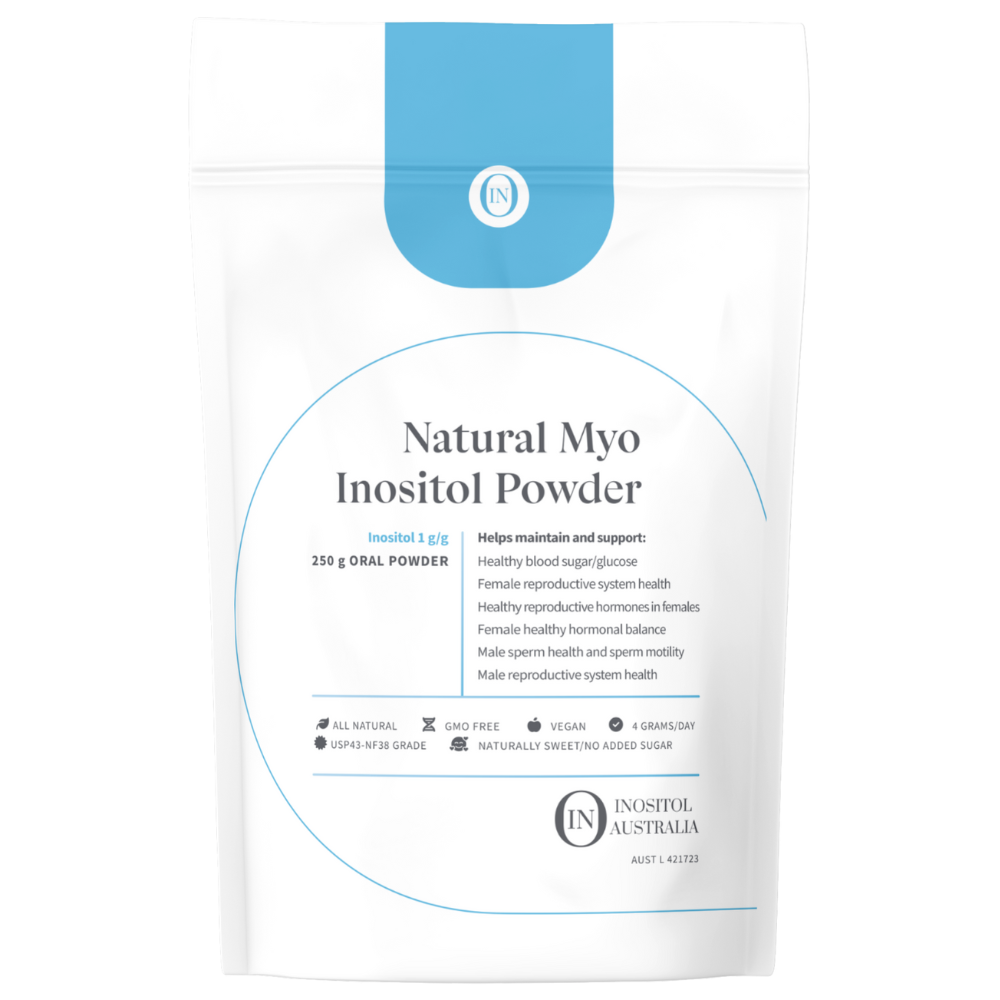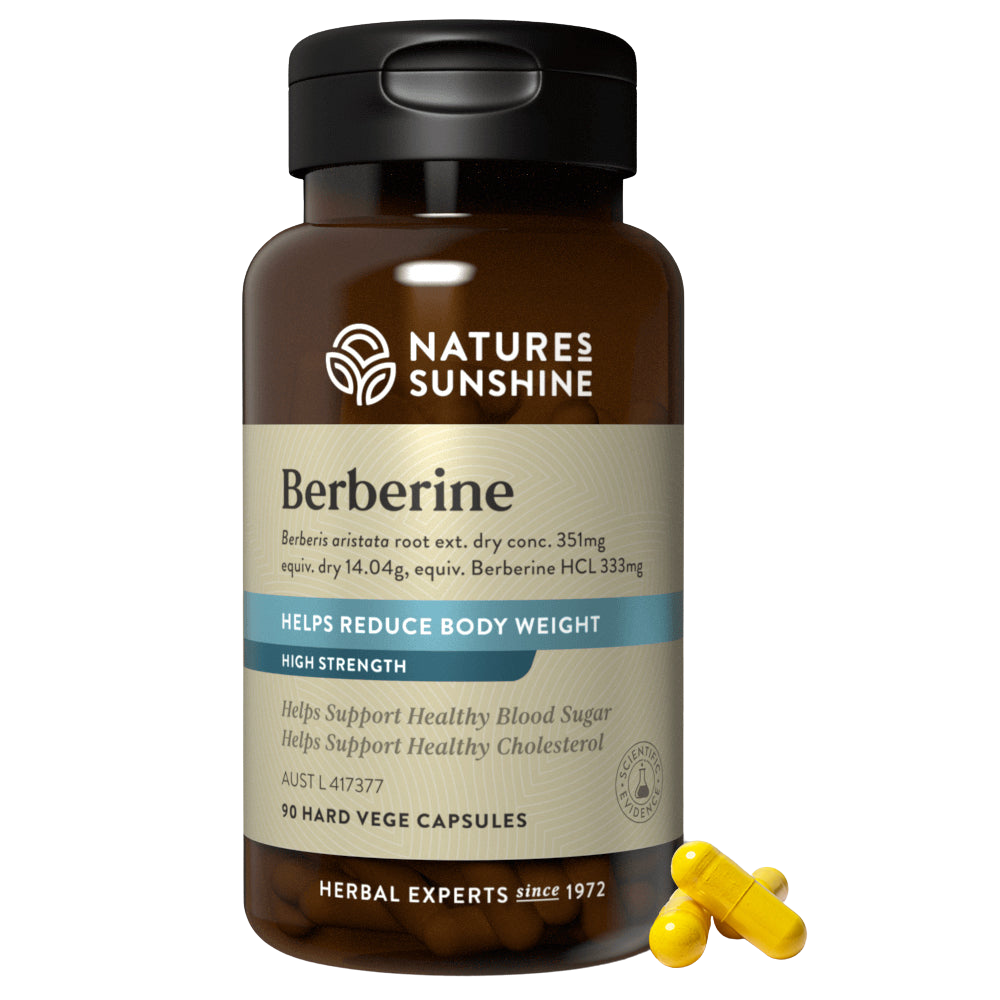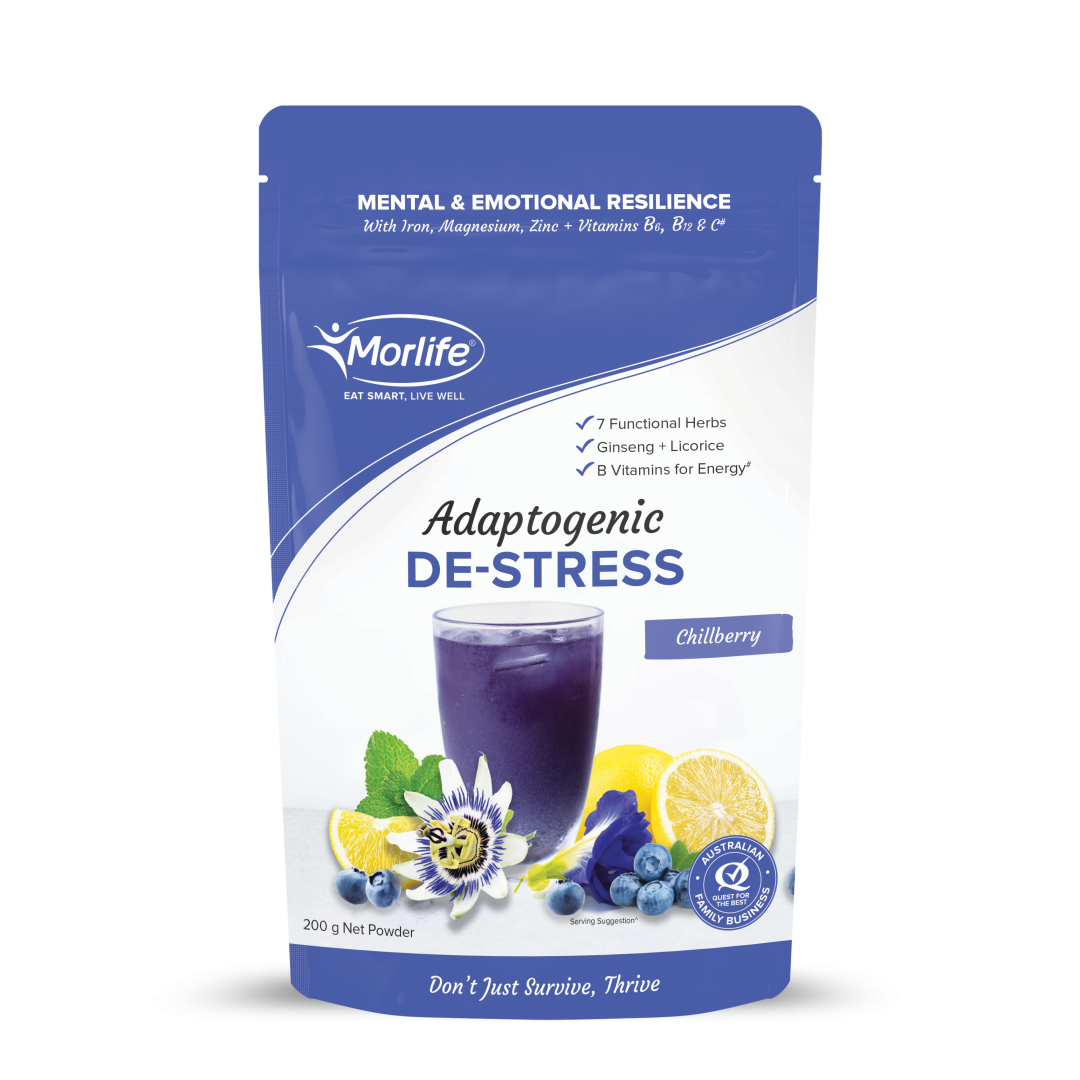The recommended daily dose for women with PCOS is 4 grams per day. This can be taken as 1 x 4g dose in the morning. Or as 2g with breakfast in the morning and 2g in the evening with dinner.A 4 gram serve is a not quite flat metric teaspoon. A 2 gram serve is a not quite flat metric 1/2 teaspoon. We now provide a 2g scoop in our Natural Myo Inositol Product.

12 Essential PCOS Blood Tests
Polycystic Ovary Syndrome (PCOS) affects 8–13% of reproductive-aged women and is often under diagnosed. The 2023 International Evidence-Based Guideline for the Assessment and Management of PCOS provides updated recommendations for diagnosis and treatment, replacing previous versions. This article summarises the key PCOS blood tests recommended for diagnosis, based on the













